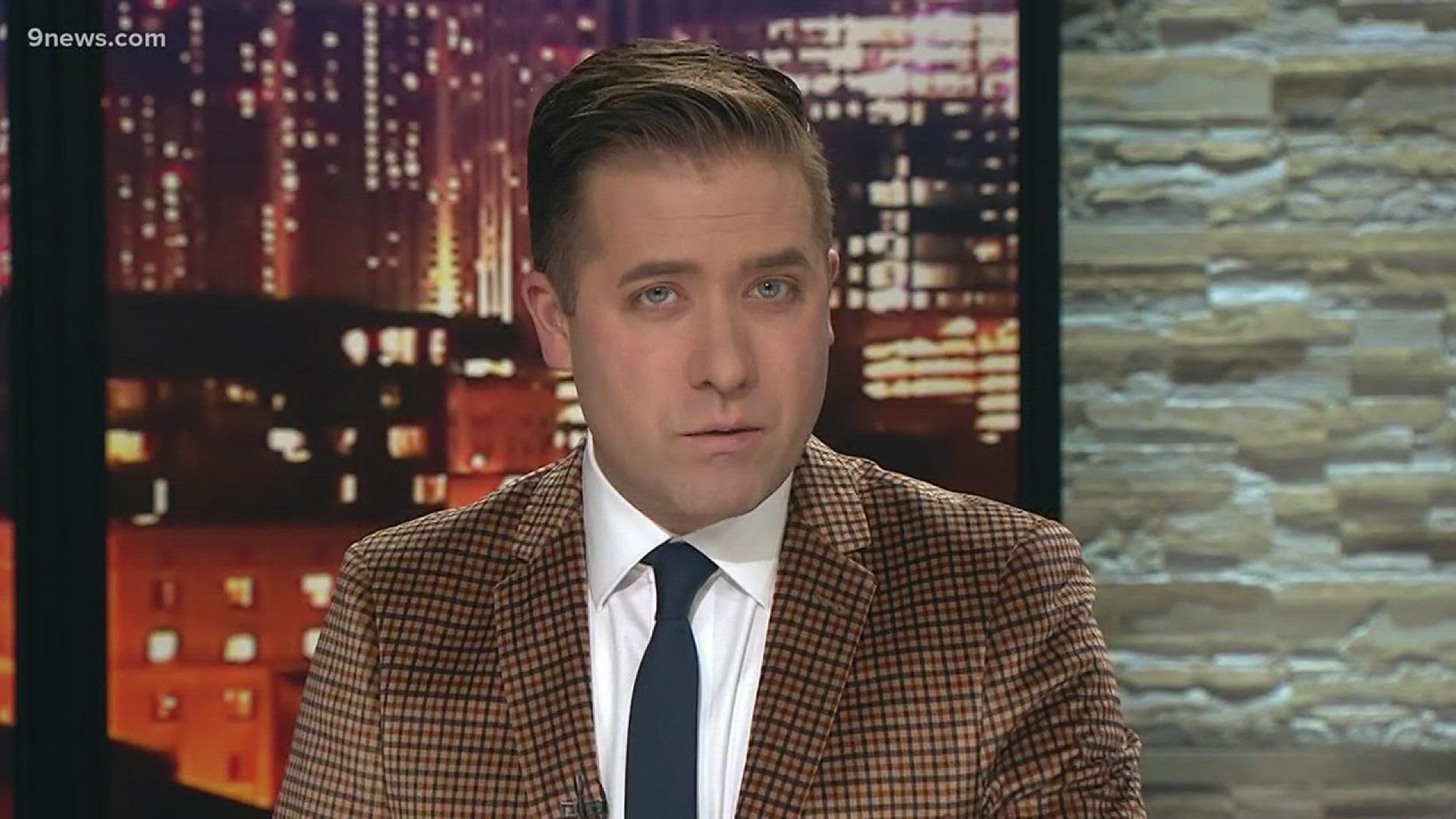DENVER — Denver Public Schools and the teachers union will meet privately with Gov. Jared Polis in separate meetings this afternoon after the executive director of the Colorado Department of Labor and Employment sent a letter to both parties asking them to do so, 9Wants to Know has learned.
The meeting comes ahead of Polis's (D-Colorado) decision on whether or not to intervene in negotiations that have reached a philosophical impasse.
9NEWS is expecting to learn more about the meeting and will update this story when that information becomes available.
Should an agreement not be reached, Denver Public Schools could see its first teachers strike in 25 years.
“It is important for the CDLE to reiterate here what the governor has shared with each party privately, which is that the grievances of the last decade between the union and the district cannot be wholly resolved through these contract negotiations,” the letter from CDLE Executive Director Joe Barela reads. “… moving negotiations forward seems highly unlikely, until both parties can get to a common starting point …”
The Denver Classroom Teachers Association first filed an intent to strike on January 8. Two weeks later, the district made a new offer, but the union claimed it was $8 million short and allowed its contract to expire with no agreement.
SUGGESTED VIDEOS | Local stories from 9NEWS
Teachers overwhelmingly voted to strike on January 22, and the day after that, the district asked the state to intervene. Polis ultimately has until February 11 to decide whether to acquiesce that request.
The main points of contention between teachers and the district are a new pay structure and higher salaries. The district’s latest offer has $20 million in new money for teachers pay, which it said would increase the average base salary by 10 percent.
Barela chided both the teachers union and district in his letter, saying “we do not believe a successful contract can be reached with the current lack of meaningful dialogue and negotiations.”
“Last Thursday’s negotiation turned into political theater at its worst,” he wrote.
He said the state would be more likely to intervene if officials determined it was in a better place to resolve the dispute.
Barela also sent the union and district an analysis performed by the State of Colorado’s Office of State Planning and Budgeting that he said outlines ways an agreement can be reached.
The district issued a short response to Barela's letter, saying they want to keep working on a compromise:
"We appreciate the state’s work. We believe that it would be better for everyone to get to an agreement before a strike. The letter lays out areas where joint work needs to be done to get to an agreement; we would like to engage in productive negotiations to discuss these."
The union, however, expressed its displeasure with the state's characterization of the matter.
"[The] state’s assertion that it was 'in a better place' to find a resolution is misguided," DCTA's response said. "“Denver teachers do not want the state to intervene in a strike because state officials cannot appreciate the full measure of concerns we have with the way DPS pays its teachers and [special service providers.]"
They agreed with a labor department analysis of cost projections and salaries that Barela provided, but the DCTA wrote every day that the state delays a decision on intervention is a day that "teachers are denied their right to strike."
"That is the only remaining tool at our disposal to fix the entire pay system that is hurting Denver students and driving down our competitiveness to attract and retain quality teachers,” DCTA President Henry Roman wrote.
PREVIOUS COVERAGE |

